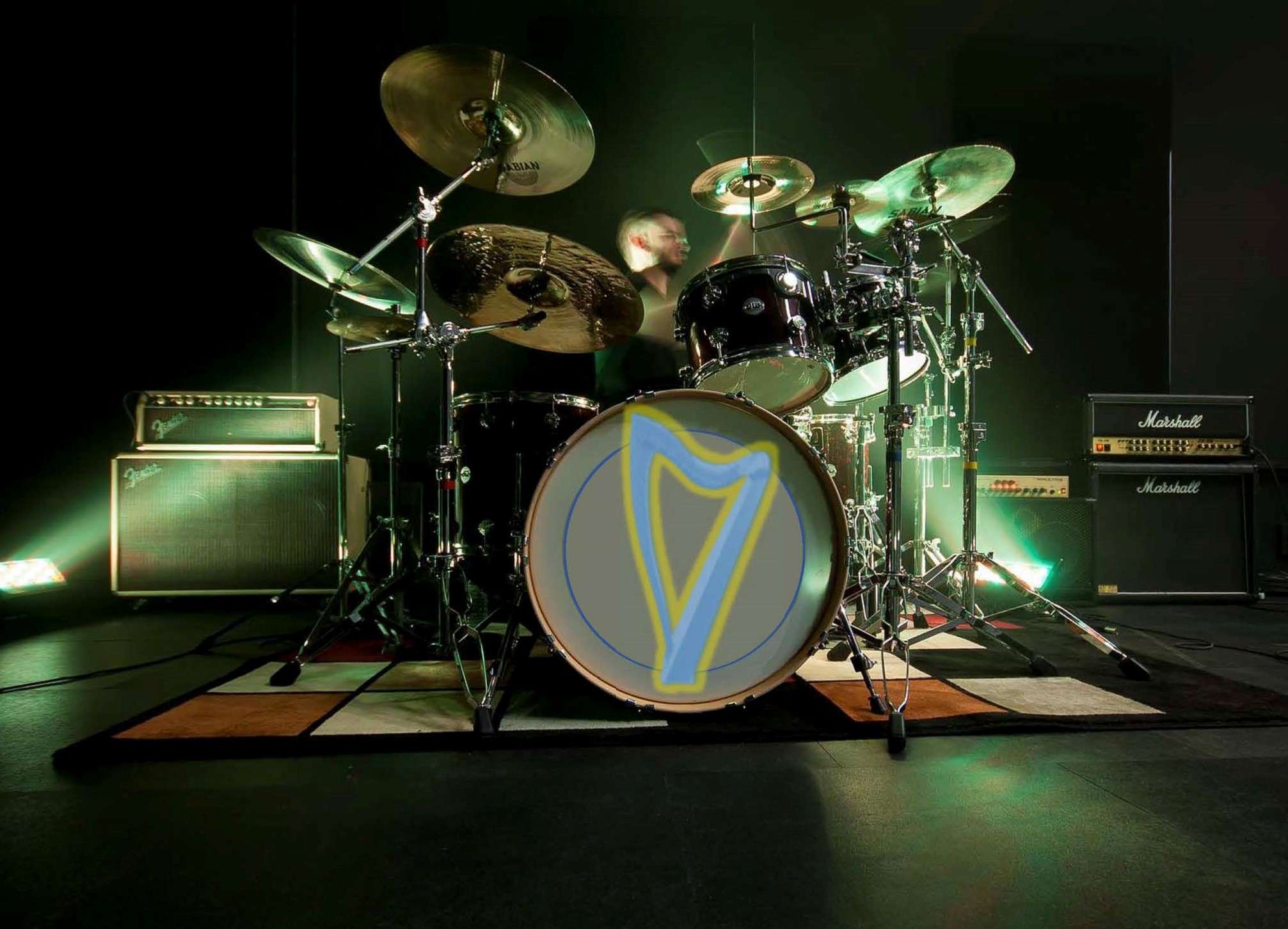People often ask if we are angels. That makes it easy to forget that on an orchestra chart the harp is part of the percussion section. As we tune our strings, we shouldn’t forget where we come from! We can learn a lot from other percussionists. Here are some things we can learn from drummers:
Precision is important – Drumming is often presented as fairly straightforwardly built on a series of “rudiments”. And that means exactly what it sounds like – they have building blocks and they build everything from them. To make those building blocks work together, precision is important. How many rudiments do we have? Do you think of them as precision pieces that can be fit together to make good music? That precise use of unambiguous elements is important, and you should mean it when selecting a specific element that is fit for its purpose. Put plainly – think ahead, plan and go with purpose. Don’t just shove some available finger onto a string, leap for that next note, and hope you got it right. Build a way ahead from your fundamentals!
Rhythm underlies everything – pay attention. There is a reason we count. I get it, it’s hard to count (whine). And there’s all that other stuff to do at the same time (like remembering and playing the right notes and all). And yet, there’s an exquisite sweet spot that only becomes apparent from counting accurately and really getting the rhythm that we all should be reaching for. This is a fundamental that we need to hone rather than dampen. Yes, it’s delicious to pretend that playing the harp is all running through meadows with butterflies, but… it’s not. When you are learning a new genre or idiom, pay close attention to the rhythms so you can match them to achieve the music you are pursuing.
Technical work lets you be you – when you have a strong foundation, you can do amazing things. Learn your fundamentals. Make sure you do all of the work, not just the things you like. Do the rhythm work, fingering work, phrasing work. Practice your dynamics, tempos, and transitions. There are loads of exercise books available to help you learn these things. I will tell you though, that you have to dig those books out because this stuff won’t come looking for you. Remember too, that as fundamental elements, some of that stuff will make you cry if you don’t take it one bite at a time! But once you’ve mastered the technical elements, you can build your own castles your own way for your own use. Once you have them licked, they’re yours! How can you break the rules if you don’t know them?
Being uncomfortable is not ok – there aren’t many instruments bigger than the harp, but the drum set is one that might be even more challenging to move around. Smart drummers reposition their instruments so they can play based on how they sit. NEVER form yourself to fit your harp. Move the harp to accommodate you. Remember, harps are cheap(er than back surgery!!!). Yes the harp is big but, it’s not so big that you shouldn’t make it work for you.
To be better you need to relax – tension doesn’t make anything better (except maybe scary movies… they are better with increased tension). But playing doesn’t improve with increased tension. Being tense can make you late – or early, and can make your chords squeak, your octaves buzz, and your melody notes fade away. R-e-l-a-x. B-r-e-a-t-h-e. And, often, slow down! Being tight makes it harder to play in control. And it certainly makes it harder to enjoy playing. Perhaps most importantly, continuing to play with tension might lead to injury. To note if you are tense, you have to pay attention to yourself (yes, while you’re also paying attention to everything else – no one said it was easy!). If you are tense – explore why. Are you concerned you’re not going to make it in time (playing too fast)? Or have you not yet fully learned the tune? Maybe you’re not breathing? Once you know why you’re tense, you can work it right out! Breathe, relax – you’ll get there in good time.
There is so much to learn from our fellow percussionists. If you met a drummer today, what would you ask them that might help make you a better harper? Let me know in the comments!

